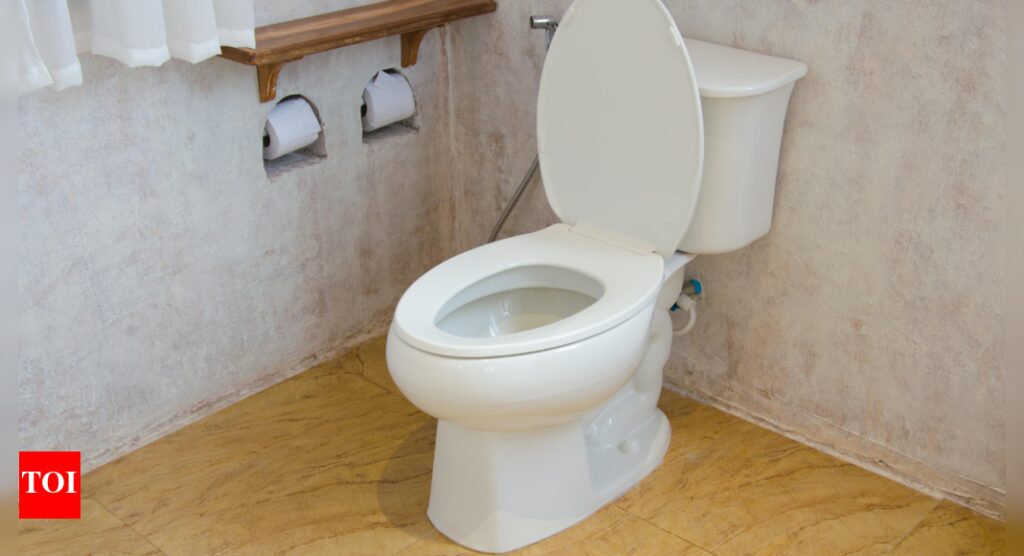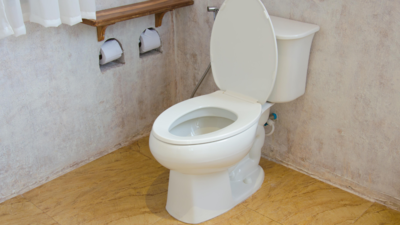What is the best time to poop as per experts and why |

The digestive system is an amazing, intricate apparatus. After food has passed from the mouth to the esophagus, it starts in the stomach. It passes through the small and large intestines after entering the stomach. After spending some time in the large intestine, the food eventually leaves the body as residual waste. No one actually talks about it, even though everyone poops. Although keeping all toilet discussion to a minimum may keep conversations polite, we might be losing out on important health indicators if we do this. Have you ever thought about what the best time to poop is? Yes, even timing to relieve yourself plays a crucial role in keeping your health up to the mark.
The ideal time to poop
Brahma muhurta to early morning (4 AM–6 AM)
According to Ayurveda, the best time to eliminate bowel waste is during Brahma Muhurta, ideally before sunrise. This time aligns with the Vata Kala (roughly 2 AM–6 AM), when the Vata dosha, responsible for movement and elimination, is naturally active.This internal clock, when respected, enhances natural bowel movements, making evacuation easy, complete, and regular.
Why Timing Matters: Sync with nature’s rhythm
Dr. Kalpana Sehra, Senior Ayurvedic Doctor and MD in Internal Medicine at Maharishi Ayurveda Hospital, says, “Ayurveda teaches that the body is a microcosm of the universe. Just as nature renews itself at dawn, the human body is designed to detoxify and eliminate waste during this time. Ignoring this rhythm leads to the accumulation of Ama (toxins), sluggishness, bloating, and disturbed digestion.”
Health Benefits of morning evacuation
Supports proper Agni (digestive fire) for the rest of the day.Prevents constipation, gas, and heaviness.Enhances mental clarity, mood, and energy.Sets a rhythm for timely hunger and better nutrient absorption.

Delayed Bowel Movements: A modern epidemic
Waking late and postponing elimination due to stress, gadgets, or coffee dependence disrupts the natural urge. This suppression (Vegavidharan) is considered a major cause of disease in Ayurveda, leading to conditions like arsha (piles), grahani (IBS), headaches, and even depression.
Dinacharya and gut health
Ayurveda’s daily regimen (Dinacharya) emphasizes waking before sunrise, oil pulling, abhyanga, and then elimination as the first step of cleansing. When this becomes habitual, it keeps Apana Vata (downward-moving energy) balanced, which is key to all eliminative and reproductive functions.
Supportive habits for healthy morning elimination
Wake up by 5:30 AM and drink warm water to stimulate peristalsis. Practice light movements like walking and yoga asanas (e.g., Pawanmuktasana).Avoid late-night meals, heavy dinners, and processed foods, which disturb Vata and delay morning evacuation.
When the bowel moves at the right time, everything else aligns
Regular and timely bowel movements are not just a digestive achievement but a holistic health marker in Ayurveda. It reflects balance in doshas, proper sleep, diet, stress, and circadian rhythm — the foundation of good health.







